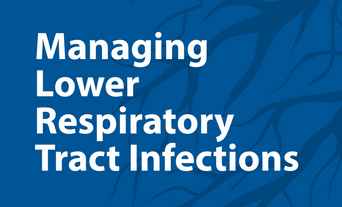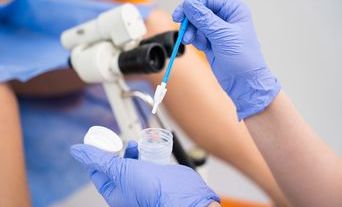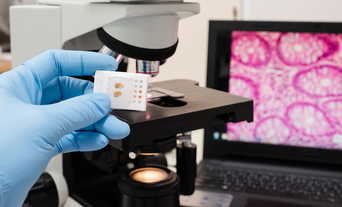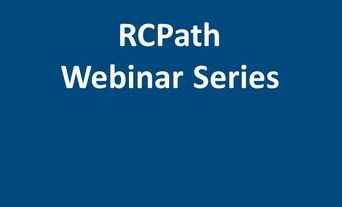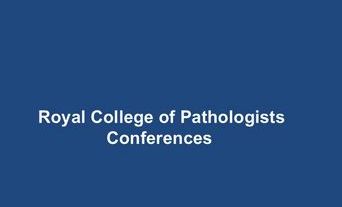Series Overview
Pathology is the study of disease and encompasses 17 different specialties. A good knowledge of pathology is essential to help you with all aspects of your medical training and your future work as a junior doctor – every medical or surgical specialty is linked to pathology is some way. Regrettably, many medical schools are no longer able to provide sufficient training in this core medical subject area.
Are you a medical undergraduate and keen to improve your pathology knowledge? Then why not sign up to the RCPath/BNS Undergraduate Pathology Teaching!
The teaching is delivered by a group of expert neuropathologists who will teach you about the fundamental aspects of the mechanisms of disease, including inflammation, cancer, infection, thrombosis, infarction, neurodegeneration and much more! As well as basic pathology knowledge each session will be supplemented with plenty of fascinating case examples from the world of neuropathology!
Webinar 2 - Cell death: apoptosis and necrosis
Overview
Apoptosis and necrosis are two fundamental modes of cell death, each defined by distinct mechanisms and biological consequences. Apoptosis, often described as programmed cell death, is an energy-dependent and tightly regulated process characterized by cell shrinkage, chromatin condensation, and the orderly clearance of dying cells without provoking inflammation. In contrast, necrosis has traditionally been considered an uncontrolled response to insults such as trauma, toxins, or ischemia, and is marked by cell swelling, organelle breakdown, membrane disruption, and the release of intracellular contents that trigger inflammation. Furthermore, recent advances in understanding regulated necrotic pathways such as necroptosis and ferroptosis have opened new possibilities for therapeutic intervention in neurological disorders. This lecture will examine the molecular mechanisms underlying both apoptosis and necrosis, outline their physiological and pathological roles, and discuss their relevance to clinical practice with particular emphasis on neuropathological diagnostic pathways.
This event will take place at 1:00pm and last approximately 1 hour.
CPD
This meeting is worth 1 CPD point (self credited).



